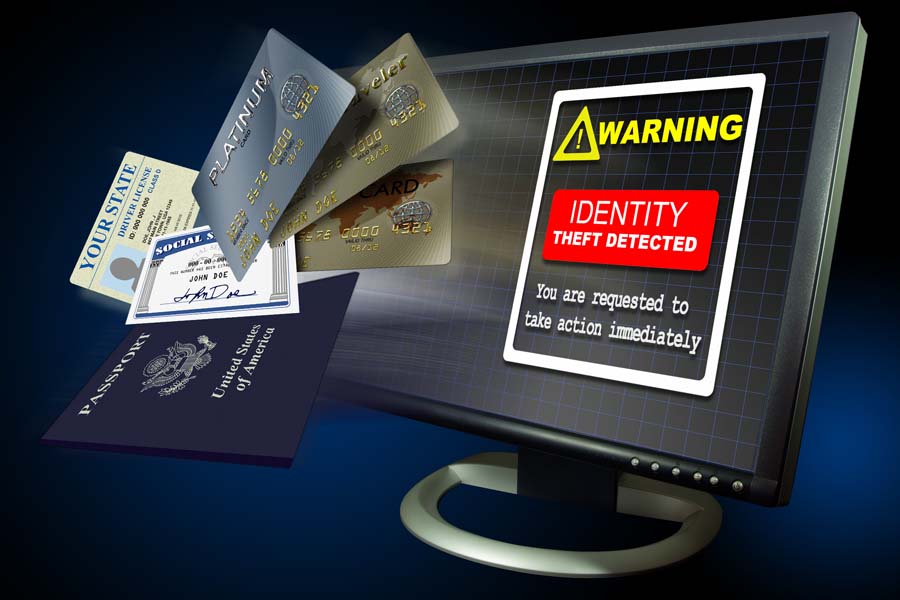Hackers may contact you through calls, emails, messages, or links to websites. (Credit: Anthony Furgison | Dreamstime.com)
The COVID-19 pandemic is accused of a 2,916% increase in identity theft reports filed in the United States and Puerto Rico, mainly related to government benefits, credit cards and online sales, according to Federal Trade Commission and Debt.com statistics.
Data from Debt.com shows that 46% of people whose identities were stolen were linked to credit cards, making it the most common form of fraud, other than tax evasion, loan fraud, and bank fraud, among others.
To combat this situation, the Puerto Rico Bankers Association recommends using chip credit cards as they are more secure, as well as being careful when using ATMs due to possible hacks. .
Another way for hackers to reach hackers can be through calls, emails, messages, or website links like ATH Movil calls circulating in Puerto Rico asking for information. personal information, account information or passwords that could lead to identity theft.
Meanwhile, 44% of people aged 20 to 29 reported fraudulent activity to the FTC, while those 70 or older lost more money from their accounts, estimated to be over $ 1,000.
“One option could be that with two-factor authentication tools, companies can better secure the identity of their employees and reduce the risk of hackers,†said CPA Jorge Paredes.
“With this type of application, you have to enter credentials and a password, as well as a different code created by the same tool each time you enter the system,†said Paredes, who has added that authentication tools will continue to evolve once people start implementing. more so that their businesses or accounts can handle the problem.
Education is the most important solution, and the island’s banks are seeking to encourage people not to share sensitive information on phone calls, as well as to guide elders carefully, he said. declared.
With the increase in online sales, the sales organization also suggests making sure the digital store is genuine, having a strong password, having up-to-date electronics, and even having a login. Stable internet.
And with holiday sales underway, the PRBA noted that when given the choice to make purchases in person, the person should make sure that no one sees their card number by covering the notepad with her hand.
If signs of possible hacking appear, the person should check their credit records, notify the FTC and the bank so they can prove it, and remove the fraudulent actions from the account to prevent it from happening again.
Finally, Paredes suggests that in the event of a hack, the person could also close the account and open a new one with new cards and numbers.
And if the person has other accounts that weren’t affected in the process, they might consider requesting a credit check for that account and report the situation again, the CPA noted.
Yamilet Aponte-Claudio was born in San Juan, Puerto Rico. She graduated from Colegio Nuestra Señora de la Providencia and is currently in her second year at the University of the Sacred Heart. With a major in journalism and a minor in accounting and foreign languages, she aspires to study law after obtaining her bachelor’s degree.

